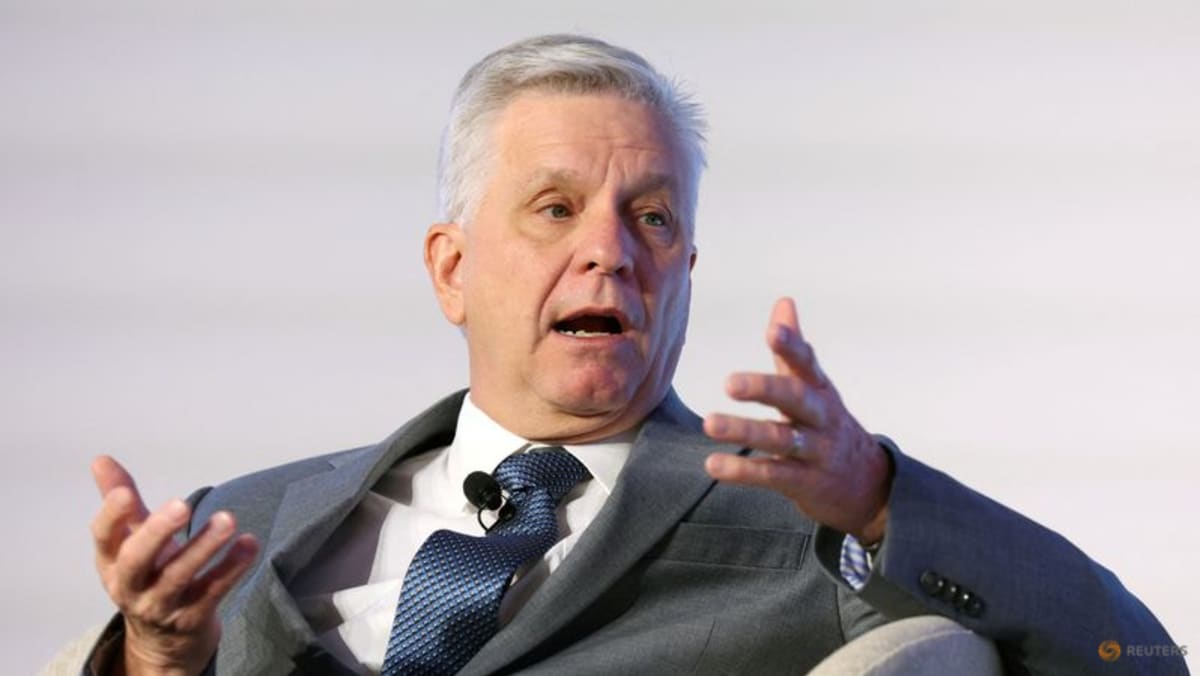NEW YORK: Federal Reserve Governor Christopher Waller said on Thursday (Jul 17) he continues to believe the US central bank should cut interest rates at the end of this month amid mounting risks to the economy and the strong likelihood that tariff-induced inflation will not drive a persistent rise in price pressures.
“It makes sense to cut the FOMC’s policy rate by 25 basis points two weeks from now,” Waller told a gathering of the Money Marketeers of New York University.
“I see the hard and soft data on economic activity and the labour market as consistent: The economy is still growing, but its momentum has slowed significantly, and the risks to the (Federal Open Market Committee’s) employment mandate have increased,” and that justifies cutting rates, he said.
All the evidence suggests the Fed can look through the impact of tariffs and focus on other issues affecting the economy, he added.
The Fed’s next policy meeting is scheduled for Jul 29 to Jul 30.
Waller is one of two Fed officials who have expressed interest in cutting rates this month, reckoning the import tax surge will be a one-time event that policy makers can look through.
A July easing could be followed by more rate cuts, as the Fed no longer needs a monetary policy stance designed to slow the economy, Waller said, noting the Fed’s interest rate target is well above the 3 per cent officials consider its long-run level.
If underlying inflation remains in check and expectations of future price increases stay contained amid slow growth, “I would support further 25 basis point cuts to move monetary policy toward neutral,” he said.
A neutral level rate is considered neither contractionary nor expansionary.
The last time the Fed cut rates was in December 2024, when it trimmed its policy rate by 25 basis points.
Waller warned that not easing this month could create issues down the road.
“If we cut our target range in July and subsequent employment and inflation data point toward fewer cuts, we would have the option of holding policy steady for one or more meetings,” Waller said. But if economic weakness accelerated, “waiting until September or even later in the year would risk us falling behind the curve of appropriate policy,” he said.
